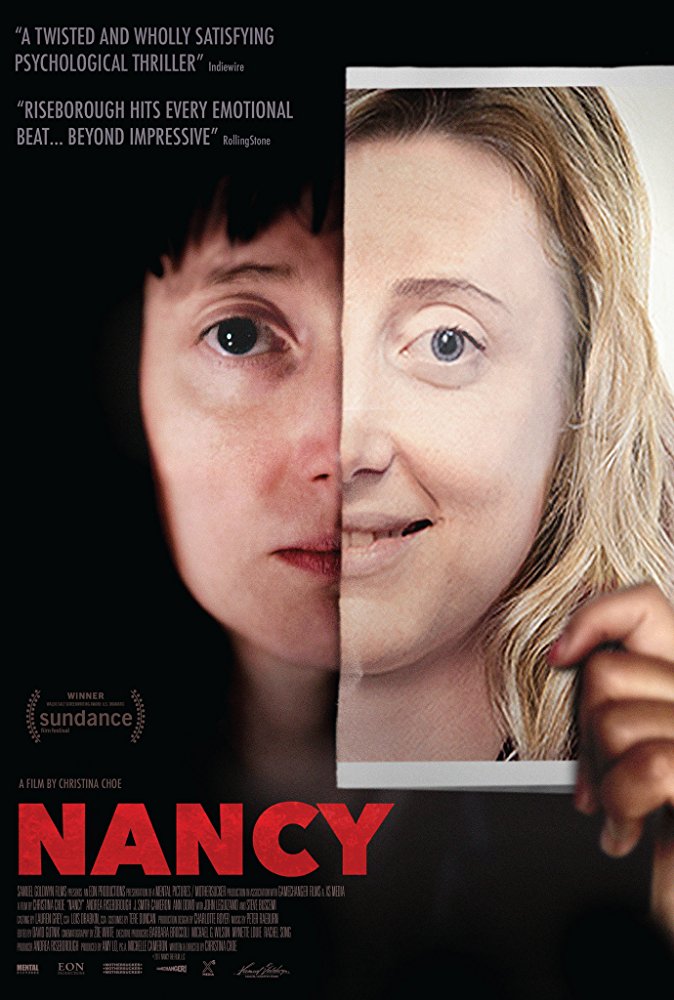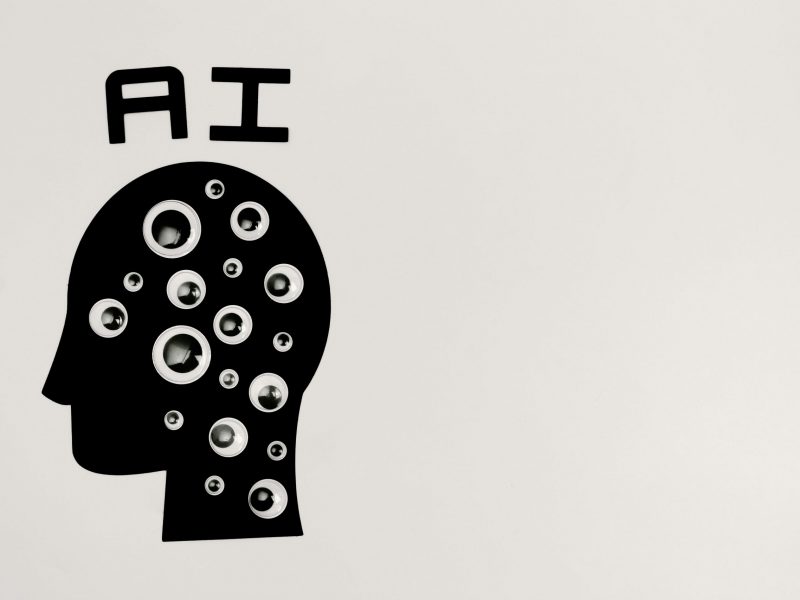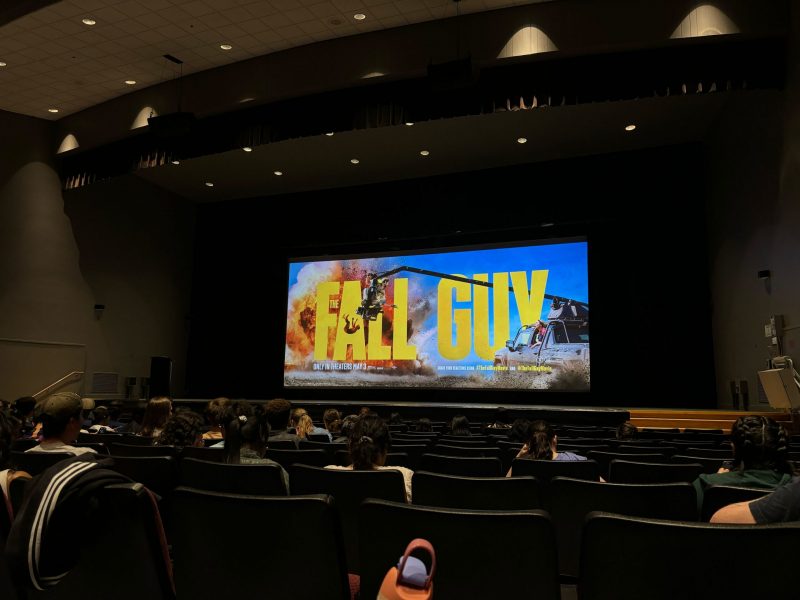If you’ve ever felt someone you knew wasn’t who you thought they were, Nancy is the movie for you. Christina Choe’s gripping psychological thriller proves there’s more to everyone than meets the eye.
The film, which debuted at the Sundance Film Festival earlier this year, highlights the titular Nancy in her quest for acceptance and connection, as she concocts false identities to force close relationships with strangers into being. During one bleak winter, Nancy finds a couple whose 5-year-old daughter disappeared 30 years ago — and she seems to believe she is the lost child.
Nancy is as unreliable as she is peculiar. The film smartly withholds many details of her life and identity, leaving viewers to question her true intentions as she blurs fact and fiction. Andrea Riseborough, known for her role as Laura Aulburn in Birdman, lends a monotonous and emotionless tone to Nancy, contributing to the sense of mystery that permeates the film.
It’s hard to feel empathy toward Nancy. While she craves social connection, she lacks the ability to actually connect with people — her only real friend is an unlikable and annoying cat named Paul. At one point, she fakes a pregnancy to attract a man. She is a socially inept hermit, a common caricature in the age of social media, bullying and mental illness.
Nancy’s backstory draws on this connection between fact and persona. Choe, the film’s writer and director, told The Diamondback she was inspired by real-life impostor stories, social media personas and a fraudulent writing professor she described as a “very inspirational teacher and person” before being unmasked.
“In a way, Nancys may only be born in this weird, fuzzy gray area that we’re in right now,” Choe said.
The film excels with its (literally) eye-opening camera angles and use of space. Early on, it uses a square aspect ratio, which Choe said was to show Nancy in a “boxed-in” and “oppressive environment.” After she meets her potential parents, the camera opens up, symbolizing hope and growth. The winter scenery also creates an eerie backdrop to beautifully underscore Nancy’s tense and suspenseful moments.
For all of Nancy’s exceptional poetic symbolism, the film is lacking in transitions and its connections are less than seamless. Few details about Nancy’s relationship with her mother and her life are shared, which goes beyond mysterious and becomes confusing and distracting. Viewers are left to slowly deduce what’s real and what’s fake.
The film is a mind-boggling and chilling feature. It leaves viewers questioning: what is real and not in our lives — or our personal relationships?
3/4 Shells.



